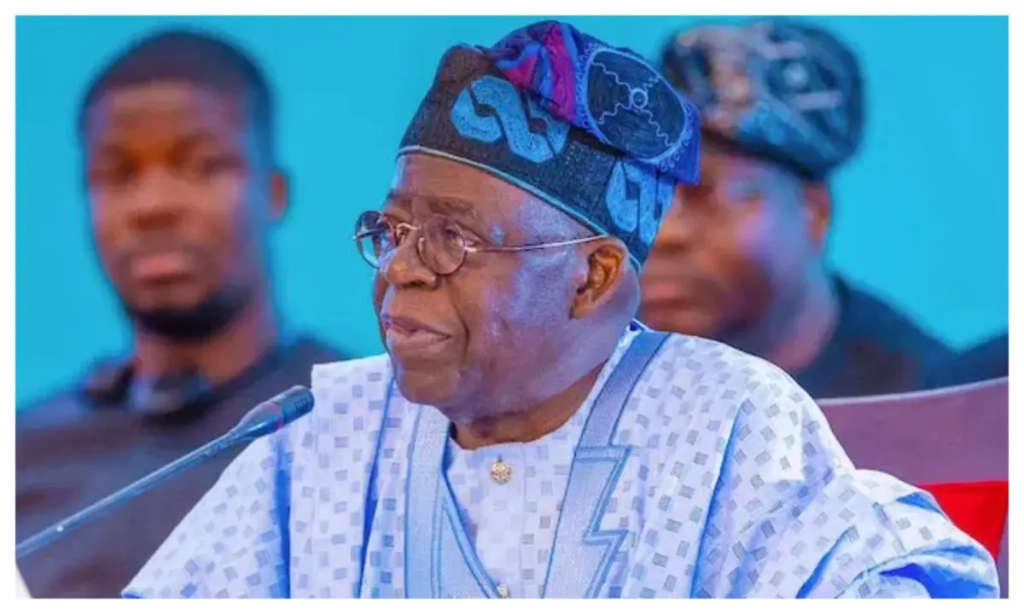President Bola Ahmed Tinubu has exercised his presidential prerogative, granting clemency to Maryam Sanda, who was sentenced to death in 2020 for the murder of her husband, Bilyaminu Bello. Sanda, 37, had been incarcerated at the Suleja Medium Security Custodial Centre for six years and eight months before her release under the President’s nationwide pardon programme.
The decision to grant Sanda clemency was based on the recommendation of the Presidential Advisory Committee on the Prerogative of Mercy, led by the Attorney-General of the Federation and Minister of Justice, Lateef Fagbemi. According to the committee, Sanda demonstrated good behaviour, deep remorse, and significant personal growth during her time in prison, earning her the distinction of a model inmate who had truly repented. Her family had also appealed for her release, citing her efforts at rehabilitation and the need for her to care for her two children.
Sanda’s pardon is one of 175 granted by President Tinubu, including posthumous pardons for notable figures such as Ken Saro-Wiwa, Major General Mamman Vatsa, and Professor Magaji Garba. This move is part of the government’s broader effort to promote national unity and implement justice reform. The Presidential Advisory Committee on the Prerogative of Mercy played a crucial role in reviewing Sanda’s case and advising the President on the exercise of his clemency powers.
The pardon of Maryam Sanda and others highlights the President’s commitment to using his executive powers to address issues of justice and mercy. The move is likely to be seen as a significant step towards promoting national reconciliation and healing. As the government continues to implement its justice reform agenda, the decision to grant clemency to Sanda and others will be closely watched by stakeholders and the general public.
In the context of Nigeria’s justice system, the exercise of presidential clemency is a significant power vested in the President. The decision to grant pardon to individuals such as Sanda underscores the importance of rehabilitation and restorative justice in the country’s correctional system. As the country moves forward with its justice reform efforts, the role of presidential clemency is likely to remain a key aspect of the government’s approach to addressing issues of justice and mercy.
